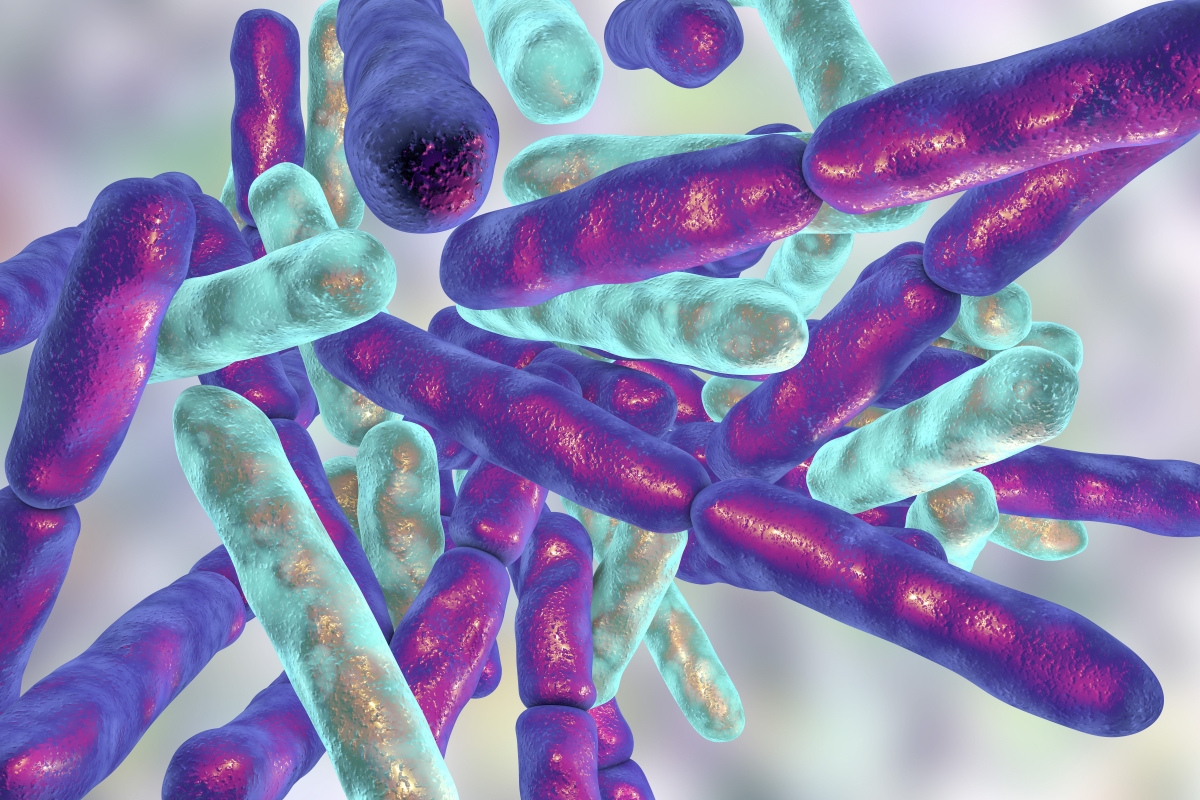Probiotics reduce negative mood over time: the value of daily self-reports in detecting effects

Growing interest in the microbiome–gut–brain axis has led researchers to explore how gut bacteria influence emotional well-being. Probiotics have emerged as a promising area for microbiome-based interventions in mental health; however, previous studies have yielded inconsistent results, particularly in healthy individuals. In a randomized, double-blind, placebo-controlled study by Johnson & Steenbergen (2025) involving 88 healthy participants, researchers investigated the effect of a multispecies probiotic on emotional regulation and mood using surveys, emotional processing tasks, and daily mood tracking. The results showed a noticeable reduction in negative mood starting after two weeks of probiotic use, as observed through daily self-reports. However, other significant changes were limited. These findings help explain the mixed outcomes of earlier research, suggesting that the standard practice of only assessing mood before and after the intervention may overlook subtle effects of probiotics. The study supports evidence that probiotics can support mood and mental well-being in the general population, highlighting which individuals may benefit the most, and paving the way for more personalized approaches. [NPID: Probiotics, gut microbiome, mood, emotion regulation, microbiome–gut–brain axis, negative affect, individualized treatment]
Year: 2025
 Navigation
Navigation








